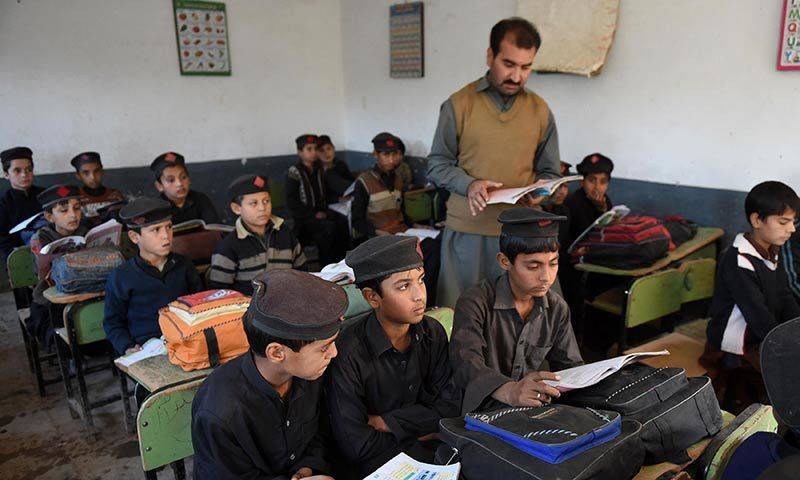In a sweeping and controversial move, the Khyber Pakhtunkhwa (KP) government has announced plans to outsource the management of 1,500 government-run schools and 55 colleges, many of which have long struggled with dismal academic performance. Among the targeted institutions are 500 schools located in the province’s merged districts—regions already grappling with limited educational resources and decades of systemic neglect.
The decision comes in the wake of alarming matriculation exam results across the province. A number of government schools recorded staggeringly low pass rates, with some institutions reportedly failing to produce a single successful student. Citing these figures, Chief Secretary KP defended the policy shift as an urgent step toward lifting the standard of education. He emphasized that only underperforming institutions meeting specific criteria will be handed over to external operators, hinting at a selective approach to reform rather than a blanket privatization.
According to officials, the primary goal of the outsourcing initiative is to bring in professional management that can introduce better teaching methods, ensure accountability, and ultimately improve student outcomes. The move has been framed by the provincial administration as a necessary response to years of underachievement, mismanagement, and bureaucratic inertia that have plagued the public education sector.
However, the decision has sparked considerable debate among education experts, civil society members, and opposition lawmakers. Critics argue that outsourcing public education is a short-sighted solution that risks deepening inequalities, especially in marginalized areas like the merged districts. They fear that private management, motivated by profit or results-driven metrics, may prioritize performance over accessibility, potentially sidelining students from low-income or remote communities.
Proponents, on the other hand, argue that maintaining the status quo is no longer viable. With a broken system failing its most vulnerable students year after year, outsourcing is being seen by some as a bold, if imperfect, attempt to revive what is widely acknowledged as a collapsing education framework.
Related: KP Govt Launches ILMpact to Enroll Out-of-School Children
The real test of this policy will lie in its implementation. If the KP government ensures transparency in contractor selection, maintains oversight, and enforces equity in access to education, the initiative could set a precedent for much-needed systemic reform. But without these safeguards, the move could end up reinforcing the very problems it seeks to resolve—leaving struggling students even further behind in the name of progress.



